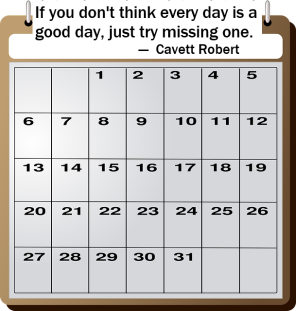The Ragtag Daily Prompt this morning is SANGFROID and I decided it’s a good word to add here.
When everyone around you seems to be in a panic, can you keep your sangfroid? Are you able to stay cool in the midst of trouble, not get fired up in an argument? In fact, it may be pretty hard to fire them up, as sangfroid literally means cold-blooded.
Are you the SANGUINE type? On the upside, a person who’s sanguine, according to M-W, is inclined to “eager hopefulness : confidently optimistic.” They can be cheerful when others see the gloom and doom of a situation and don’t let little things get them down.
On the downside, sanguine can mean literally bloody or blood-red, or having a nature that’s bloodthirsty or murderous.
I read an anecdote once about two women who got into some dispute. The casual observer had no idea what triggered the explosion, but the first woman’s blood was really boiling and she was blasting the other for some fault or faux pas. The second woman tried to get a word of explanation in and got nowhere, so she wisely decided to hold her tongue.
After a few moments of stating her grievances in a stream of fury the first woman paused to see how the other would respond. When the second woman remained silent, the first stomped her foot in fury and shouted, “Say something, will you! Speak so I can answer you!” No sangfroid there!
Another expression we’ve borrowed from the French fits in well here, too. “LAISSEZ-FAIRE,” according to the Oxford Dictionary, is a non-interventionist policy — literally meaning ‘allow to do.’ A person can adopt the policy of leaving things to take their own course, without trying to influence someone’s choices or action. As in this little fiction tale:
My younger brothers’ arguments sometimes led to scuffles, bruises and bloody noses. At times Mom begged Dad to step in and put a stop to their fight but he was sangfroid by nature and maintained a laissez-faire policy. He’d reassure Mom, “Just let them be; they’ll sort it out themselves.”
However, after the boys started wearing glasses and Dad had to buy replacements for broken ones a few times, he lost his cool. A new law was laid down: “If one of you breaks the other’s glasses in a fight, you are going to pay for them out of your own money. And that means earning it.”



